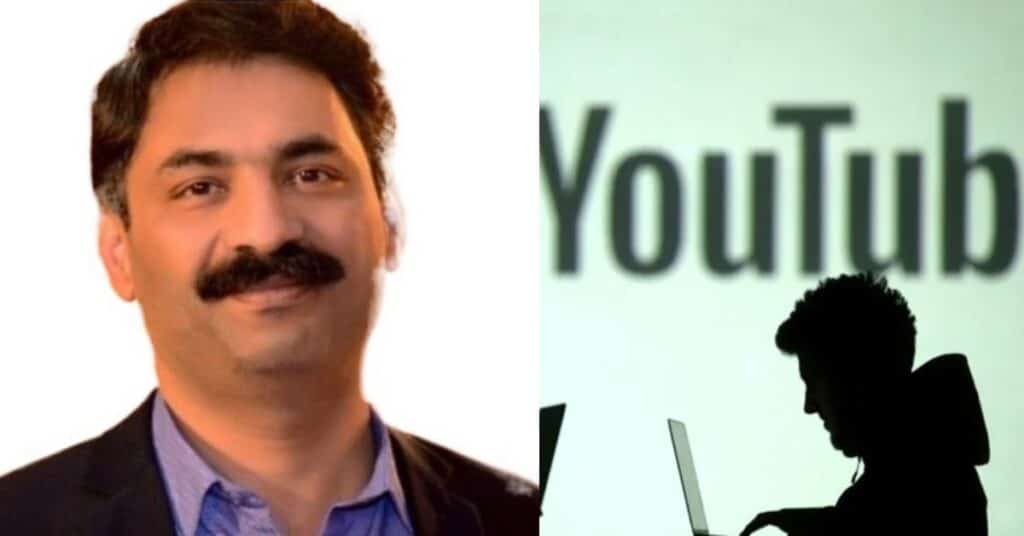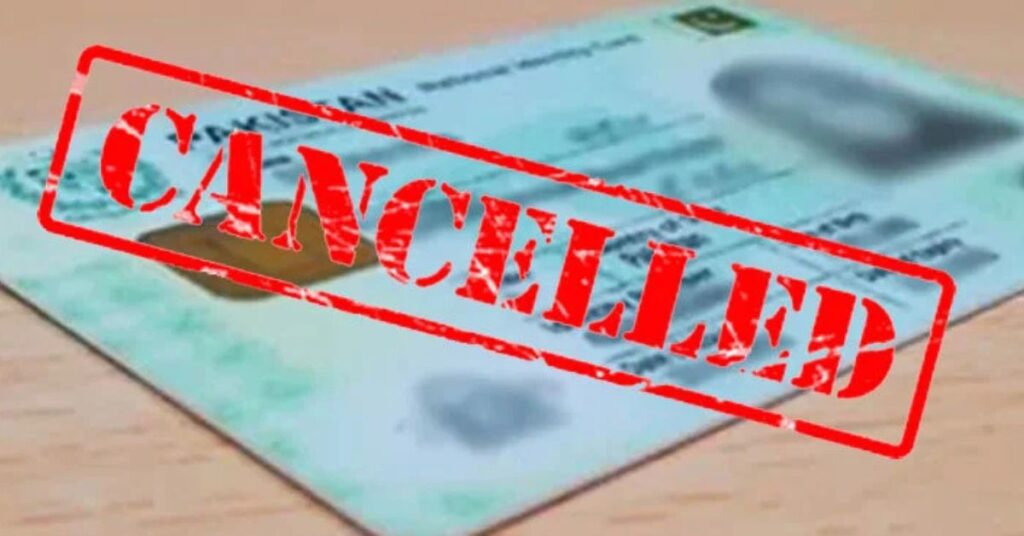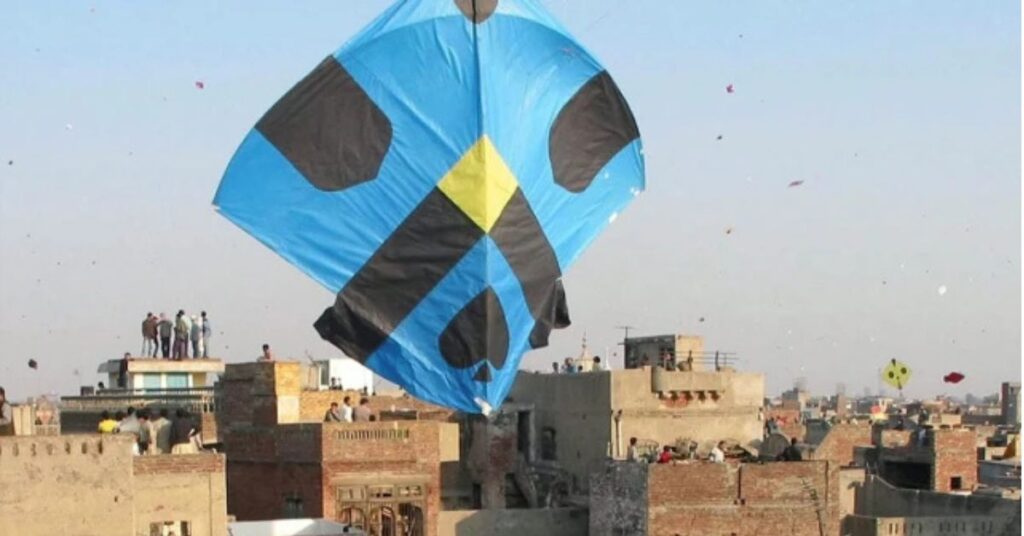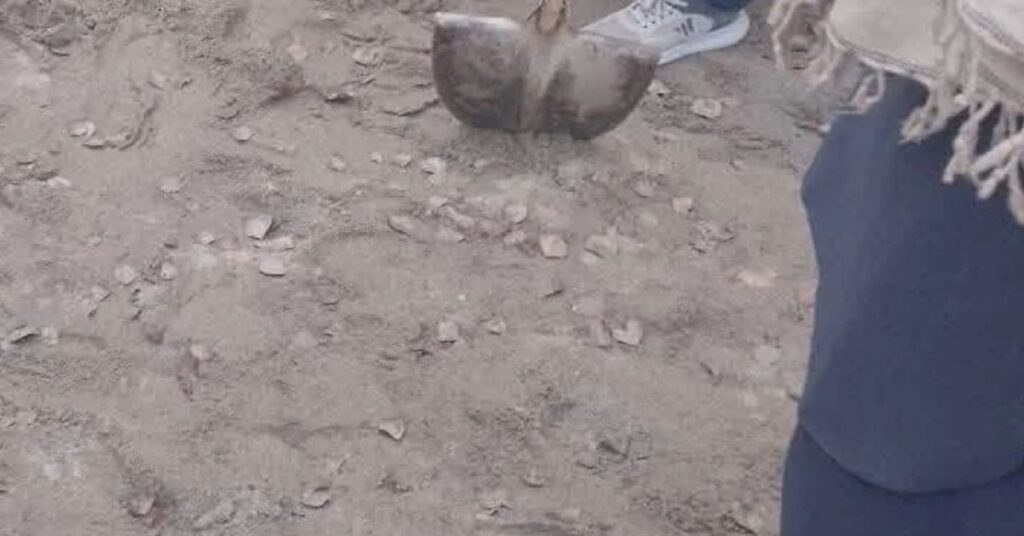ISLAMABAD (Kashmir English): YouTube has blocked the channel run by Ahmad Noorani in Pakistan among others over ‘anti-state’ content.
A local court had in Islamabad on Tuesday ordered to block 27 channels accused of “disseminating fake and misleading information against state institutions”.
Judicial Magistrate Abbas Shah issued a two-page written order on a petition filed by the National Cyber Crime Investigation Agency (NCCIA).
The court found the agency’s evidence to be satisfactory and ruled that the matter merited legal action under existing laws.\
Complaint against Ahmad Noorani
In a mail from YouTube to Ahmad Noorani, it said, “We received a legal complaint from a government entity regarding your content. After review, the following content has been blocked from view on the YouTube country site (s) listed below: Channel: Ahmad Noorani”.
The mail further said that the content has been blocked from view on YouTube in Pakistan.
“If you believe that your content was restricted in error, please let us know. You can submit the form only once,” the mail read further.
Giving resolution options, the YouTube said, “Google might be required to take action on your content where necessary to comply with applicable laws. Please review our Help Centre article on legal complaints.”
The others whose channels have been blocked by the court include affiliated with the Pakistan Tehreek-e-Insaf (PTI), as well as those run by journalists Moeed Pirzada, Asad Ali Toor, Matiullah Jan, Imran Riaz Khan, Sabir Shakir, and Aftab Iqbal.
The NCCIA launched an inquiry into the matter on June 2 with the approval of the competent authority.
Sub-Inspector Waseem Khan of the Cyber Crime Reporting Centre of NCCIA’s informed the court on June 24 that the agency was investigating several YouTube channels involved in spreading “false, defamatory, and fake” content against state institutions and their officials.
He apprised the court that the content being circulated was “likely to cause fear, panic, disorder or unrest in society” and included “highly intimidating, provocative and derogatory” remarks.
He further alleged that the channels aimed to provoke the public and armed forces personnel and create “ill-will among pillars of the state.”
The investigation found that 27 channels were involved in the public dissemination of such material.




